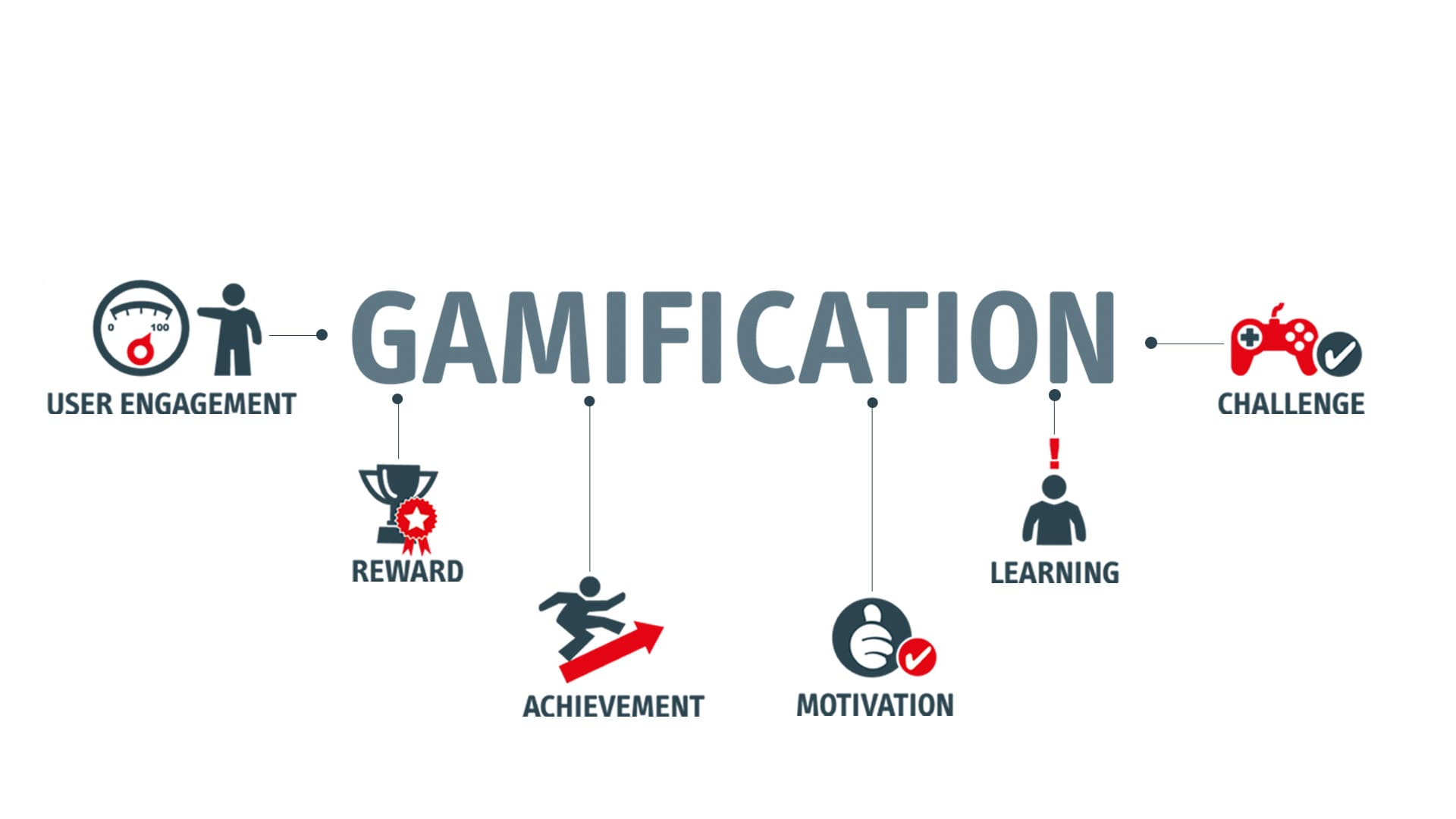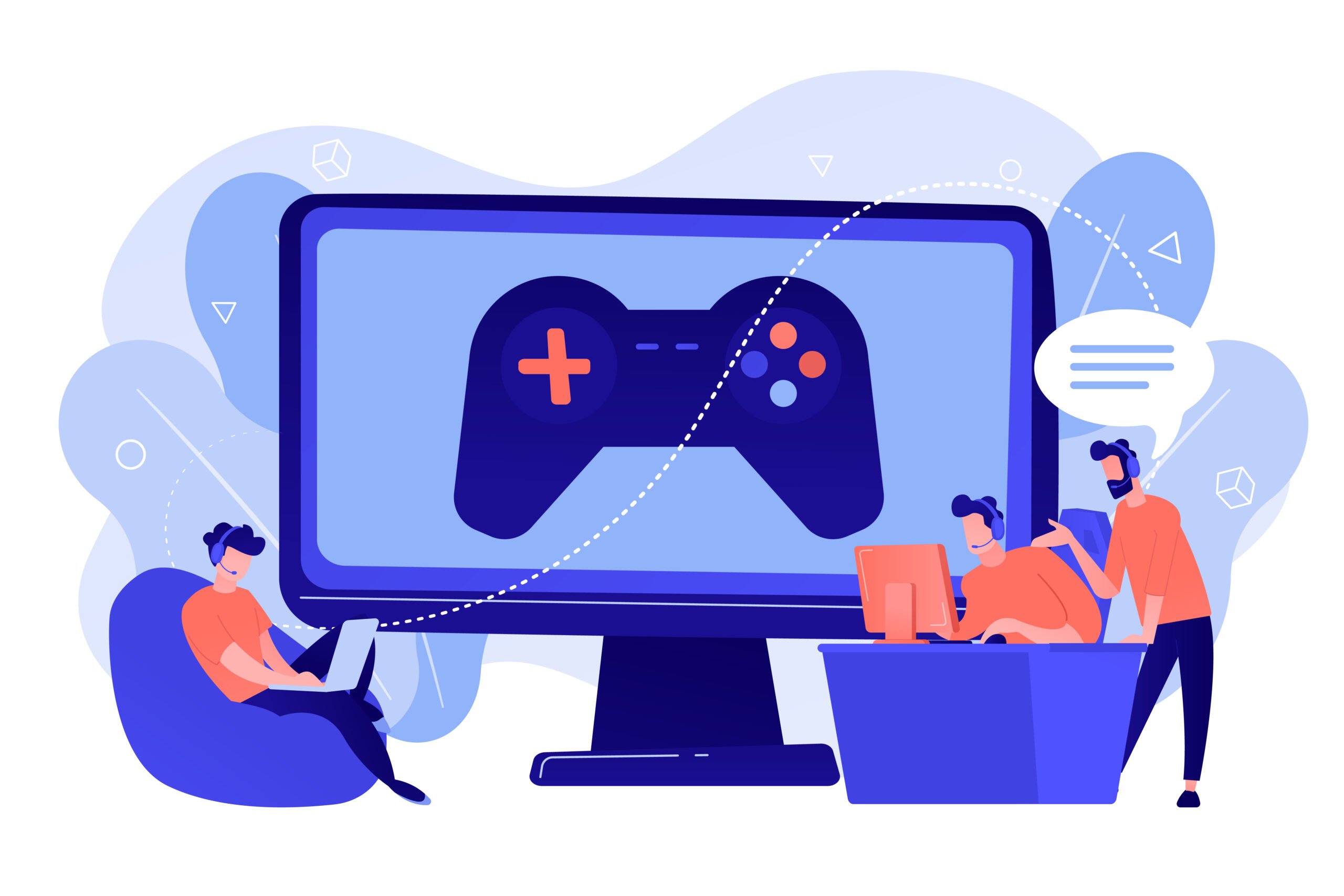The popularity of online gambling keeps surging because the sector is quick to adopt new trends. Whether it’s technology or marketing, the casino industry embraces innovations that promise to increase audience reach. Gamification is an example. You might have come across the term when gambling at internet casinos.
Although many online users might not be overly familiar with gamification, the concept goes back ages. It involves the integration of game-like elements, such as achievements, levels, and points, to enhance interaction.

Online gambling already has games, but gamification goes that extra mile to boost engagement through interactivity. So, you aren’t limited to playing within the standard rules of a particular game. Loyalty systems are the most popular form of gamification in iGaming, where betting $10 in an online roulette earns you a point.
Over time, operators and game developers have found different ways to gamify the gambling experience. The more online casinos attract users, the bigger the demand for creative gamification solutions. Exploring some of these trends makes it easy to understand how the iGaming scene continues to keep players engaged.
Missions and Challenges
An effective gamification strategy in online gambling is the use of narrative. Operators and software manufacturers engage players through storylines. It’s why themes have become so important in online casino games. They allow developers to weave stories in which players can immerse themselves.
Through narratives, games provide missions and challenges that require more than the traditional betting. Some roulette demo games on Roulette.Guide can help you understand how this gamification trend works.
You can find a title containing challenges where you have to complete a task in exchange for a reward. In some instances, casinos and providers can offer prizes for trying new games.
Missions are typically uncomplicated. Their objective is to encourage continued play. They are usually time-sensitive to portray a sense of urgency. Titles and gambling software have systems that recognize task completion. Achievements are effective because they not only reward players but also give them a sense of accomplishment.
When you complete a round of roulette and unlock a prize or a secret level, it makes you want to keep playing, and that is the whole point of gamification.
Leaderboards and Social Competition
Lately, online casinos have been trying to make gambling more social. While they can’t be like traditional casinos, gambling sites attempt to make players feel like part of a bigger community. Leaderboards help with that. They create competition that takes the solitude out of online casino gaming.
Various metrics are used to gauge players. For example, a casino might award achievement badges to the most prolific players on the platform.
As you compete against other players, you can make friends and share interests as a community. This social aspect promotes engagement. Data analytics engines help power leaderboards, ensuring a casino has real-time updates.
Loyalty Programs
Perhaps the most common gamification approach in iGaming, loyalty schemes reward players using points. Gambling websites have systems consisting of different levels. When you wager real money, you collect points, which you can redeem for prizes. Rewards vary from exclusive bonuses to free spins.
Operators also have other perks, such as dedicated account managers, higher deposit limits, and priority withdrawals. The incentives increase as the customer moves up the levels.
Loyalty programs provide status that players aspire to reach. With the help of cloud technology, online casinos synchronize point collection across devices such that if you switch from a desktop platform to mobile, you can still earn points.
Personalized Gamification
The proliferation of AI has allowed the iGaming industry to take advantage of the technology. Artificial intelligence and machine learning help with personalization in online gambling. Casinos leverage different tools to analyze player behavior and understand their needs.
They then customize games, rewards, and the overall experience to suit an individual. For example, if you play slots regularly, a gambling site might recommend the new tournaments based on your preferences.
When playing, a platform may adjust the difficulty level to align with your skills, as reflected in your gambling patterns. Personalization avoids repetition. Thus, games don’t feel monotonous, even when they are similar.

The Need for Gamification
Even though online gambling is a powerful entertainment medium, it has to compete with a lot of noise on the web. Online users encounter many distractions, which is why their attention spans are short. Game makers and operators not only have to convince players to sign up, but also to play and return.
Without anything more than basic gaming, it is difficult to keep playing the games on the same platform. Gamification adds excitement to regular casino gaming. It boosts motivation by giving you something to look forward to. Another advantage is improving the user experience.
You get a chance to do more than just place bets. Where it involves shared experiences, gamification makes gaming social. Playing online doesn’t mean doing it alone.
Gamification is no longer optional in iGaming. It’s an integral element that drives interaction. Through gamification, casinos and developers can retain players’ attention.
Achievements, leaderboards, and VIP schemes are only a few of the gamification trends that gambling websites are incorporating in their offerings to improve how they relate with customers. As gamification continues to evolve, iGaming will have more innovative methods of enhancing player engagement.
